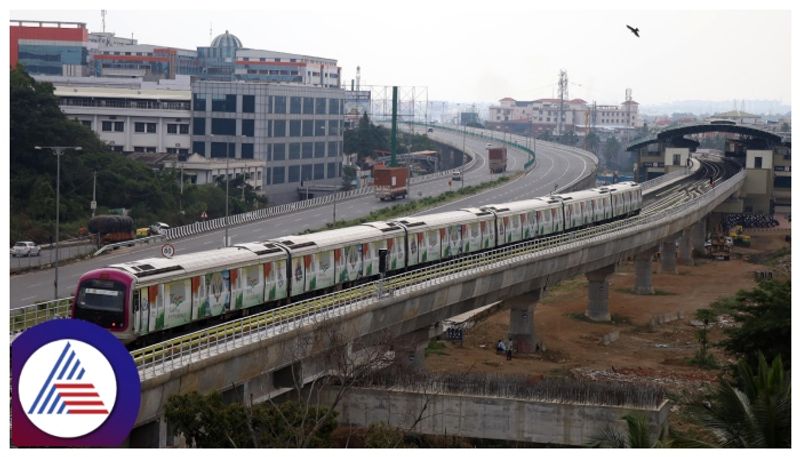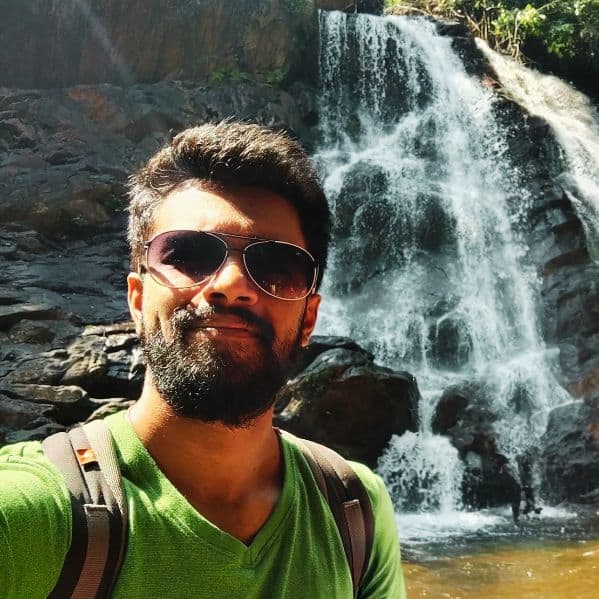synopsis
Namma Metro’s steep fare hike (50-90%) has sparked public outrage, with commuters reconsidering metro travel. Bengaluru now has India’s most expensive metro, surpassing Delhi and Kolkata. Critics argue the move contradicts efforts to ease traffic congestion, urging authorities to rethink the pricing strategy.
The sharp increase in Namma Metro fares has sparked public outrage, with daily commuters calling it a setback for affordable public transport. With ticket prices surging by 50-90%, many passengers are now reconsidering their daily metro commute, opting instead for personal vehicles.
Bengaluru’s Namma Metro, spanning 77 km, is the second-longest metro network in India, ferrying nearly 8-9 lakh passengers daily. With the upcoming Electronic City metro line, ridership is expected to exceed 12 lakh. However, the latest fare revision has led to widespread criticism, as commuters believe it contradicts efforts to promote public transport and reduce traffic congestion.
'Traffic so bad, you need to headstand!': Bengaluru's upside-down pedestrian signal sparks Internet laughter
Many passengers argue that the hike is not just 50%, as officially stated, but in some cases, it exceeds 90%.
- Techie Rajesh, who travels between Kadugodi and Baiyappanahalli, said, "Earlier, my ticket cost ₹33. Now, I have to pay ₹60. That’s nearly a 90% hike!"
- Sharath Gautam, a commuter, took to social media platform ‘X’, sarcastically remarking, "As a minister once said in the House, we are paying taxes like the English but receiving services like Somalia. This metro fare hike proves that statement."
- Vijay S., another commuter, pointed out, "The fare from Kundanahalli to M.G. Road was ₹37, now it's ₹70. This is a step backwards for public transport."
- TVK Sanjay, travelling between Sitaram Palya and Deepanjali Nagar, noted, "My fare was ₹57, now it’s ₹90, a 60% hike! What justifies such a steep increase?"
With this price revision, Namma Metro now ranks as the most expensive metro system in the country, surpassing fares in Delhi, Mumbai, Chennai, Kolkata, Hyderabad, Lucknow, Kochi, and Jaipur.
- Namma Metro: ₹90 for a 25 km journey
- Delhi Metro: ₹60 for 32 km
- Chennai Metro: ₹50 for the longest route
- Kolkata Metro: ₹25-30 for similar distances
The fare disparity has fueled public criticism, with many questioning why Bengaluru’s metro is more expensive than metros in Delhi and Kolkata, despite having a relatively shorter network. Adding to commuter woes, Bengaluru Metro Rail Corporation Ltd (BMRCL) has discontinued discounts on QR-code tickets until February 8, further inflating costs.
- As per December 2024 data, nearly 25% of metro passengers used QR code tickets, while 46.6% relied on smart cards.
- The 5% smart card discount remains, but passengers recall that in 2020, it was reduced from 15% to 5%.
- Other cities, including Chennai and Kochi, offer a 20% discount on QR and WhatsApp tickets, making Bengaluru’s move stand out negatively.
'Boycott Bengaluru metro': Furious commuters protest fare hike, say 'auto-rikshaws are cheaper!'
Moreover, day pass prices have doubled, making it costlier for tourists and occasional commuters:
- 1-day pass: ₹150 to ₹300
- 3-day pass: ₹350 to ₹600
- 5-day pass: ₹550 to ₹800
With metro fares skyrocketing, more people are expected to switch back to personal vehicles, worsening Bengaluru’s already infamous traffic congestion. Commuters argue that instead of making public transport more affordable and accessible, the fare hike discourages its use.
As passenger dissatisfaction grows, many are urging the authorities to reconsider the pricing strategy to ensure sustainable urban mobility in India’s tech capital.
)
 subscribe to Asianet News Whatsapp channel by clicking here.
subscribe to Asianet News Whatsapp channel by clicking here.